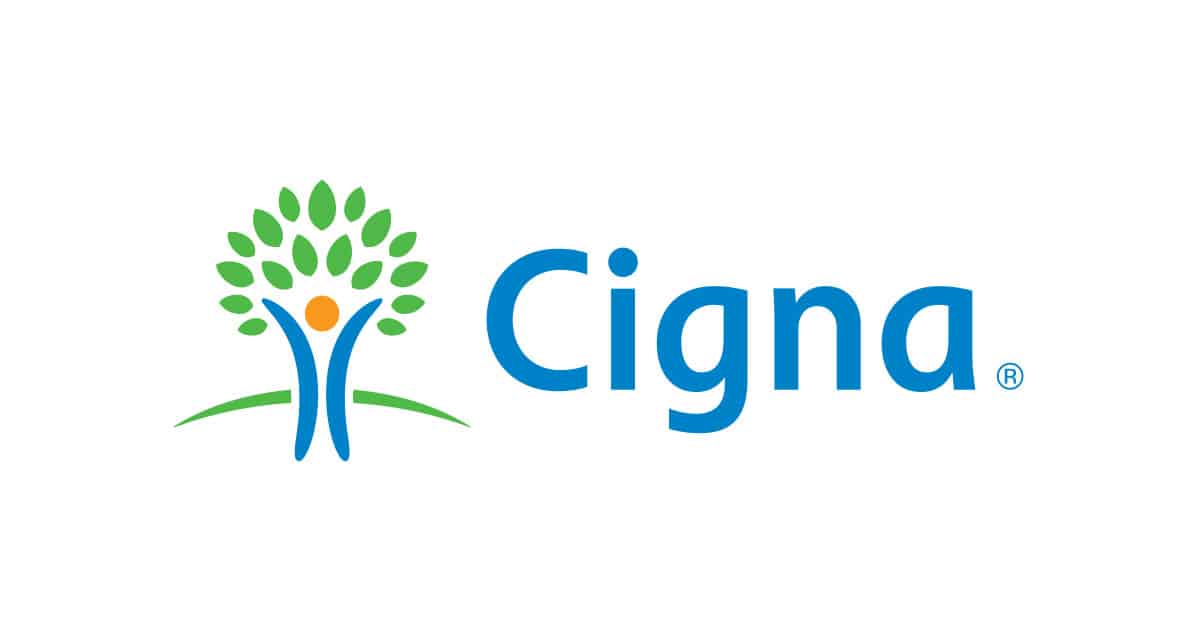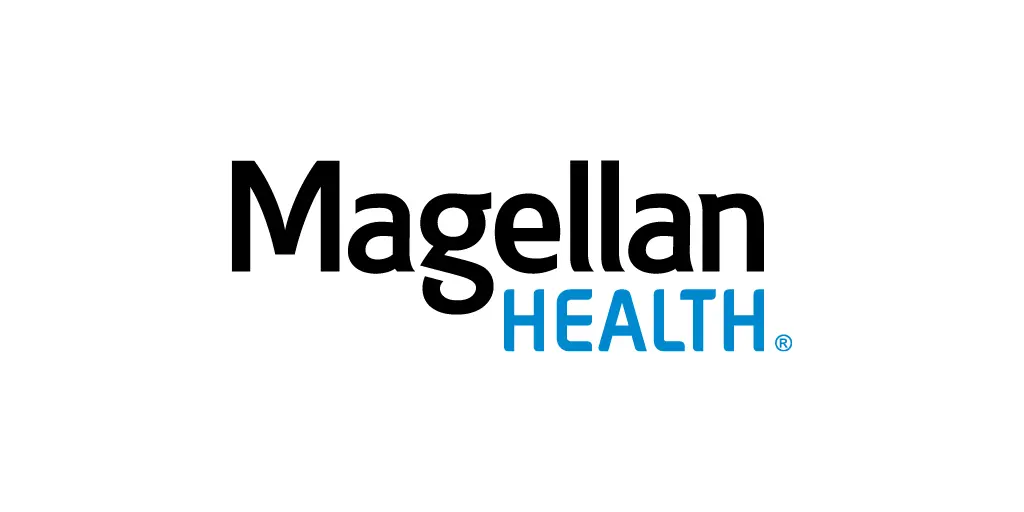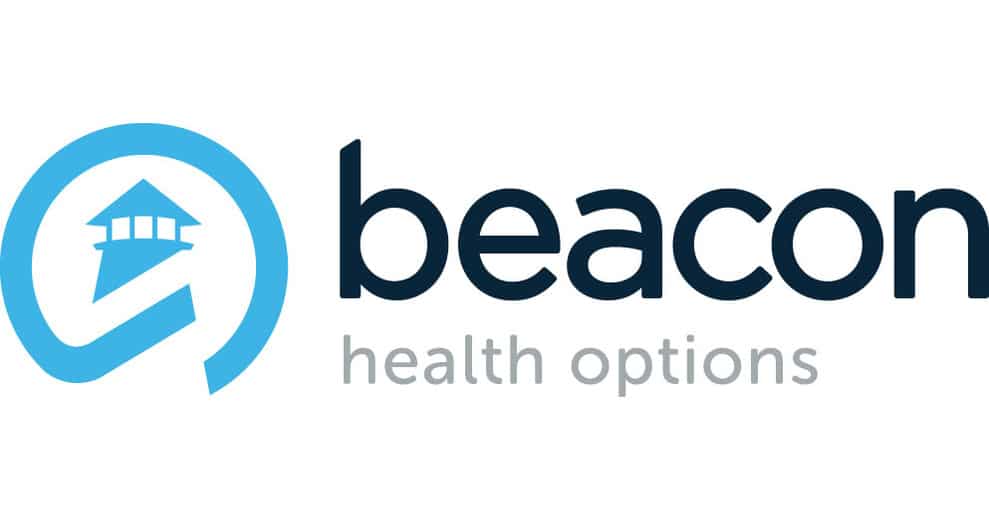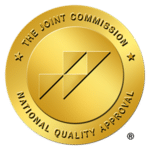Table of Contents
If you or a loved one is struggling with meth addiction, our drug rehab in Atlanta, GA can provide the support and treatment needed to overcome this devastating disease. Our experienced team of professionals offers comprehensive care, including detoxification, counseling, and therapy, all within a safe and nurturing environment. We understand the unique challenges associated with meth addiction and are dedicated to helping individuals achieve lasting recovery, rebuild their lives, and restore happiness and health.
What is Meth?
Methamphetamine, commonly known as meth, is a potent stimulant mainly trafficked into the U.S. by Mexican drug cartels. Consumed by smoking, snorting, injecting, or orally, meth offers users a powerful high characterized by euphoria, confidence, and energy. The drug exists in various forms, notably as a white powder or as crystal meth, a glassy rock. The initial rush from meth lasts around 30 minutes, followed by an enduring high that can extend up to 16 hours.
Meth’s side effects range from aggression and psychotic episodes to severe damage to the heart, brain, and appearance, often aging users prematurely and causing dental issues. Recognized for its impact on the central nervous system, meth is more potent and addictive than amphetamines. Due to its potency and potential for misuse, the U.S. Drug Enforcement Administration categorizes meth as a Schedule II stimulant, making it illegal without a prescription.
Why do Individuals Use Meth?
While motivations differ, some common reasons stand out. Many women, influenced by media-driven beauty ideals, use meth for its rapid weight loss effects. However, to maintain the weight loss, continuous use becomes necessary. Others are drawn to meth’s prolonged euphoria, which can extend for over 12 hours, unlike the shorter highs from other drugs. Some seek the stimulant properties of meth, valuing its boost in energy, focus, and libido while reducing fatigue and hunger. Meanwhile, the drug can grant users a deceptive feeling of confidence and invincibility. Regardless of the initial appeal, meth’s high addiction potential makes it perilous. If meth addiction affects you or someone you know, seek assistance promptly.
How do People Misuse Meth?
The illicit forms of methamphetamine are available in several variations, and users have diverse ways of consuming it. Meth can be injected, smoked, snorted, or simply swallowed.
When meth is snorted or taken orally, it results in a slower onset of euphoria. Users who snort it will typically feel its effects within 3 to 5 minutes, while swallowing it will see effects manifesting in about 15 to 20 minutes.
In contrast, smoking or injecting meth introduces it rapidly into the bloodstream and brain, causing an intense and immediate rush. This surge of sensations can heighten the potential for addiction, especially because the intense high can be fleeting, lasting only a short time.
Given the stimulant’s properties, many users find themselves caught in a cycle of binging on meth to prolong the euphoria, often consuming it continuously over several days before eventually experiencing a crash.
Understanding Meth Addiction
Meth, classified as a Schedule II substance in the U.S., carries a high potential for abuse and addiction. Using it triggers the release of chemicals like dopamine and serotonin in the brain, creating a euphoric sensation. These chemicals are linked to the brain’s reward and motivation centers. However, once the drug’s effects fade, there’s a depletion of these chemicals, leading to feelings of anxiety and depression. The resulting urge to consume more meth, combined with its strong influence on the brain’s reward pathways, paves the way for addiction.
Is Methamphetamine Highly Addictive?
Methamphetamine, commonly known as meth, can indeed lead to physical addiction. A physical addiction is characterized by the body’s perceived need for the drug to maintain its normal function, leading to withdrawal symptoms in its absence.
Stopping meth use after developing a physical dependency can result in a range of withdrawal symptoms. These might include mood disturbances like depression and agitation, a spike in appetite, and physical discomfort such as muscle pains.
The severity and onset of these symptoms can be influenced by the duration and intensity of meth use. The more frequent and intense the consumption, the higher the likelihood of developing a profound addiction.
How Long Does It Take to Get Addicted to Meth?
The journey to meth addiction is multifaceted and can differ from one individual to another. For meth, the timeline to meth addiction is unpredictable. Addiction sets in when an individual struggles to abstain from the drug, even when faced with detrimental consequences such as losing a job or facing legal challenges.
Signs and Symptoms of Meth Addiction
Using methamphetamine, commonly known as meth, comes with several telltale signs that might suggest someone is dealing with substance misuse. Recognizing these symptoms can guide affected individuals towards the help they need to combat addiction.
Meth affects both the mind and body. If you suspect someone you know is using meth, be alert to the following signs across physical, behavioral, and psychological domains:
Physical Signs:
- Drastic changes in appearance, from healthy to frail.
- Rapid heartbeat, reduced appetite, and fast breathing.
- Overheating, excessive energy, and increased sweating.
- Insomnia, oversleeping, and unhealing sores.
- Dental issues, rapid speech, and weight loss.
- Intense itching, saggy facial skin, and heightened sex drive.
Prolonged meth use harms blood vessels, impacting circulation and making skin look aged. Additionally, its stimulant properties increase dopamine and adrenaline, often leading to risky behaviors such as unprotected sex.
Behavioral Signs:
- Growing distance from loved ones.
- Declining performance at work or school.
- Neglecting responsibilities and engaging in secretive behaviors.
- Financial strain or stealing for drug procurement.
- Engaging in dangerous activities while under the influence.
- A reduced interest in hobbies and finding drug-related items.
Psychological Signs:
- Euphoria due to the drug’s impact on dopamine release.
- Memory and learning problems.
- Experiencing hallucinations and paranoia.
It’s important to remember that meth creates a potent euphoric sensation by increasing dopamine release, central to the brain’s reward system. Over time, cravings intensify, and the once pleasurable sensation becomes a necessity. If someone shows these signs, call our residential meth rehab in Atlanta today.
The Signs of Meth Use
When you’re worried about someone close to you possibly using meth, understanding the signs associated with its use can be invaluable. Recognizing these symptoms can offer clarity and guide subsequent steps in helping the individual.
Common indicators of meth use include:
- A noticeable surge in alertness or wakefulness.
- A heightened sense of energy or enthusiasm.
- Diminished appetite or a lack of interest in food.
- Accelerated breathing patterns.
- An unusually fast heart rate or palpitations.
- Erratic or inconsistent heartbeats.
- Elevated blood pressure levels.
- An increased body temperature, often leading to excessive sweating.
For those who’ve been using meth over an extended period, some more severe symptoms might emerge. Chronic meth use can lead to:
- Increased aggression or violent tendencies.
- Elevated anxiety levels or general unease.
- Mental confusion or a sense of being overwhelmed.
- Difficulties in falling asleep or disturbances in sleep patterns.
- In extreme cases, individuals might experience psychosis, wherein they lose touch with reality, often marked by hallucinations or extreme paranoia.
Understanding these signs is the first step towards offering assistance. If someone you know exhibits several of these indicators, don’t hesitate and call our meth addiction treatment center in Atlanta.
The Dangers of Meth Addiction
Meth addiction comes with a host of detrimental effects, with the severity often depending on the duration and intensity of use. Common consequences of meth use include:
- Significant weight loss
- Paranoia and mood fluctuations
- Potential for stroke
- Aggressive behavior
- Diminished motor skills
Moreover, long-term meth use introduces more serious health issues. A notable one is “meth mouth,” characterized by severe tooth decay and gum issues. Meth users’ teeth may appear decayed, discolored, or crumble easily. Prolonged addiction can even be fatal, especially due to the risk of overdose.
The risk of overdose escalates with continued use. As users develop tolerance, they often consume higher doses in search of the original euphoric feeling, increasing the risk of a lethal overdose.
Short- and Long-Term Effects of Meth Use
Methamphetamine use can produce both immediate and lasting health effects. While the initial feelings of euphoria may draw users in, the overall harm it causes cannot be ignored. Recognizing these effects and seeking timely treatment can pave the way for a healthier drug-free life.
Short-Term Effects of Meth
At the onset of meth use, the initial high can mask the emerging health issues. As the craving intensifies, the short-term effects become more pronounced and might manifest even after a single use. Users may experience:
- Reduced appetite
- Appearance of weakness or frailty
- Elevated energy levels
- Enhanced alertness
- Sleep disturbances
- Developing tolerance for meth
- Faster breathing
- Mood fluctuations
- Speech difficulties
- Coordination issues
- Increased heart rate
- Digestive disturbances like nausea and vomiting
- Aggressive behavior
- Heart discomfort
- Enlarged pupils
- Paranoia
Long-Term Effects of Meth
Continuous meth use escalates the damage, both physically and mentally, leading to addiction.
Brain Health: Among the most concerning effects of meth is its impact on the brain. It alters the brain’s reward mechanism, affecting memory and emotional balance. The National Institute on Drug Abuse has found meth to influence dopamine systems, hampering verbal learning and motor speed.
Physical Well-being: Chronic meth use takes a toll on the body, from dental issues to the onset of chronic diseases:
-
Dental Health: Long-term users might face dental challenges due to poor hygiene, nutritional neglect, and teeth grinding, leading to decay, missing teeth, or cavities.
-
Cardiovascular: Meth can strain the heart, causing elevated heart rates and blood pressure, increasing risks of heart attacks or strokes.
-
Premature Aging: Meth can speed up the aging process, leading to skin issues, paleness, acne, and a more aged appearance.
-
Chronic Conditions: Extended use can lead to strokes or even diseases like Parkinson’s.
Besides health effects, meth use can disrupt various life aspects:
- Employment issues
- Academic setbacks
- Strained relationships
- Monetary challenges
- Social isolation
- Legal troubles
Understanding the consequences of meth is vital for those affected to take the necessary steps towards recovery and healthier living.
How Long Does Meth Stay in Your System?
If you’re navigating the complexities of substance abuse or are concerned for a loved one, understanding how long meth remains in the system can be crucial. Methamphetamine, a stimulant with a more prolonged effect compared to substances like cocaine, can stay in the body for an extended period. With a half-life of approximately 10-12 hours, the body requires this duration to reduce the quantity of meth by half. Detection of meth in blood tests is possible within 1 to 2 days after its last use, whereas urine tests can reveal meth’s presence for up to three days following consumption.
How Long Does Meth Last?
Methamphetamine, commonly known as meth, is a potent stimulant that can produce effects lasting between 8 to 24 hours. The duration of its impact largely depends on several factors:
-
Method of Ingestion: The way meth is consumed can influence how long its effects last. For instance, injecting it directly into the bloodstream (intravenous or IV use) may produce an intense but shorter-lived high. On the other hand, smoking it might offer a more prolonged experience.
-
Time of Day: The time of day when meth is taken can also play a role. Consuming it earlier in the day might result in prolonged wakefulness, while taking it later could interfere with normal sleep patterns.
-
Dosage: Naturally, the amount ingested is a significant factor. Larger doses tend to produce more extended and more intense effects, but they also come with increased risks.
It’s crucial to note that meth’s prolonged effects, especially when taken in high doses or continuously, can lead to a range of health complications and pose severe risks to the individual’s well-being.
What is Meth Made of?
Methamphetamine, commonly known as meth, is a fully synthetic substance, unlike natural stimulants like cocaine, which is derived from a plant. The basic components of meth come from over-the-counter cold medications. To amplify its potency, those who produce meth extract specific chemicals from these pills and combine them with hazardous substances, including drain cleaner, lantern fuel, battery acid, and antifreeze.
At West Georgia Wellness Center, we understand the challenges of overcoming addiction. Our approach is to tailor each treatment plan to the individual, ensuring you have the support needed to achieve and sustain a life free of Meth Addiction. Call us today, to begin your comprehensive Meth Addiction Treatment in Atlanta, GA.
What Does Meth Look Like?
meth, is a powerful stimulant that can appear in various forms. In its most recognizable state, it looks like clear, blue-white, bitter-tasting crystals or bluish rocks, often resembling small fragments of glass or shiny bluish-white “rocks.” However, meth can also come in a white, odorless, bitter-tasting powder. The appearance of meth can sometimes vary based on its purity and the method of production. Due to its illegal status and the potential health risks it poses, it’s crucial to be aware of its appearance and stay informed about its detrimental effects on health and well-being.
What Happens During Meth Addiction Treatment?
Every individual grappling with meth addiction has their own unique challenges, aspirations, and anticipations. Consequently, the intricacies of meth addiction treatment can differ for each person.
In broad strokes, meth addiction treatment usually centers around three core objectives:
- Assisting the individual in discontinuing their meth usage.
- Equipping the individual with tools and strategies for sustained recovery from meth addiction.
- Addressing any concurrent mental health challenges that may be influencing the individual’s well-being.
Achieving these aims often necessitates a combination of medication, therapeutic interventions, educational sessions, and supplementary support services.
The journey towards healing typically commences with a comprehensive assessment. This critical step enables the treatment professionals to grasp the depth and breadth of an individual’s needs. Data acquired during this assessment acts as a foundation for crafting a tailor-made treatment blueprint.
Such evaluations also provide insights into the optimal care levels suitable for an individual. At our meth addiction treatment center in Atlanta, we offer residential meth addiction treatment.
Residential Treatment
This immersive program offers individuals a structured environment to focus on recovery, away from potential triggers or distractions. Within the residential setting, patients benefit from round-the-clock support, ensuring their safety and helping them navigate the initial challenging phase of recovery.
An individual’s treatment plan can incorporate various elements based on their specific needs:
- Individual Therapy
- Group Therapy
- Trauma-Focused Therapy
- Cognitive Behavioral Therapy (CBT)
- Dialectical Behavioral Therapy (DBT)
- Red Light Therapy
- Neurofeedback Therapy
- Biosound Therapy
- Family Therapy
- Holistic Therapy
- Medication-Assisted Treatment
- Genetic Testing
- Psychiatry
- Experiential Therapy
Upon culminating their our Meth addiction treatment in Atlanta, each individual is equipped with a meticulous post-treatment strategy. This plan elucidates professional and community-driven resources that can fortify their recovery journey in the subsequent weeks, months, and even years.
How Long is Meth Addiction Treatment in Atlanta?
The duration of meth addiction treatment is not one-size-fits-all. Rather, it’s tailored to the individual’s specific needs, objectives, and the progress they make during their recovery journey. Multiple factors contribute to the decision regarding the length of treatment, such as:
- Duration of the individual’s meth addiction.
- The quantity of meth they consumed.
- Intensity of their withdrawal symptoms.
- Presence of any concurrent mental health conditions.
For some, a single mode of treatment, like residential care or a partial hospitalization program, might suffice. However, others may benefit from transitioning to an intensive outpatient program or regular outpatient rehab for continued support after wrapping up a more intensive treatment phase.
The cornerstone of any decision regarding meth addiction treatment is understanding what’s truly in the best interest of the person in recovery. This approach ensures that the choice of treatment center, the level of care, the services they access, and the overall duration of treatment align with the individual’s unique path to healing and wellness.
Meth Detox and Withdrawal Symptoms
Detoxification is the first step in treating methamphetamine addiction, involving the process of clearing the drug from the body while managing withdrawal symptoms. Withdrawal from methamphetamine can be challenging and uncomfortable, with symptoms such as fatigue, depression, anxiety, and intense drug cravings.
At our meth rehab in Atlanta, we work with facilities that provide medically supervised detox services to ensure a safe and comfortable experience. Our team of medical professionals closely monitors each individual after the detox process, providing appropriate medication and support to minimize discomfort and manage potential complications.
Meth Addiction Treatment in Atlanta
If you or a loved one is struggling with methamphetamine addiction, it’s crucial to seek professional help as soon as possible. Our meth addiction treatment in Atlanta, GA offers comprehensive, evidence-based treatment and compassionate care to help individuals achieve lasting recovery.
Our dedicated team of professionals works closely with each individual to develop a personalized treatment plan that addresses their unique needs and circumstances. With a focus on whole-person wellness and long-term success, our program provides the tools, support, and guidance needed to overcome methamphetamine addiction and reclaim a healthy, fulfilling life.
Don’t let meth addiction control your life any longer. Contact us today to learn more about our program and how we can help you on your journey to recovery. With the right support and treatment, lasting recovery is possible – take the first step toward a brighter future by reaching out to our meth rehab in Atlanta, GA now.
Meth Addiction Treatment Frequently Asked Questions
Early signs include increased energy, decreased appetite, and erratic behavior.
Meth can be detected in urine for up to 4 days after use.
Meth addiction can cause severe mental health issues, including anxiety, depression, paranoia, and hallucinations. Treatment involves a combination of detoxification, therapy, and sometimes medication to manage these mental health concerns, alongside strategies to manage cravings and prevent relapse.
Long-term meth use can lead to severe dental problems, skin sores, heart disease, cognitive impairments, and increased risk of stroke. Treatment focuses on both the physical and psychological effects, involving detox, therapy, and support systems to manage health issues and prevent relapse.
Therapy is crucial in meth addiction treatment, addressing the underlying psychological aspects of addiction. Approaches like cognitive-behavioral therapy and contingency management help change harmful behaviors and thought patterns, reducing the likelihood of relapse.
Yes, with comprehensive treatment involving detoxification, therapy, and ongoing support, meth addiction can be successfully managed. Recovery is a long-term process, requiring commitment and support.
Withdrawal symptoms include fatigue, increased appetite, depression, agitation, and cravings. Treatment programs focus on managing these symptoms through medical supervision, therapy, and support.
Treatment includes developing coping strategies, identifying triggers, ongoing therapy, and support groups to prevent relapse. Aftercare planning is a critical component of successful long-term recovery.
While there are no FDA-approved medications specifically for meth addiction, medications may be used to treat co-occurring disorders or withdrawal symptoms, supporting the overall treatment process.














